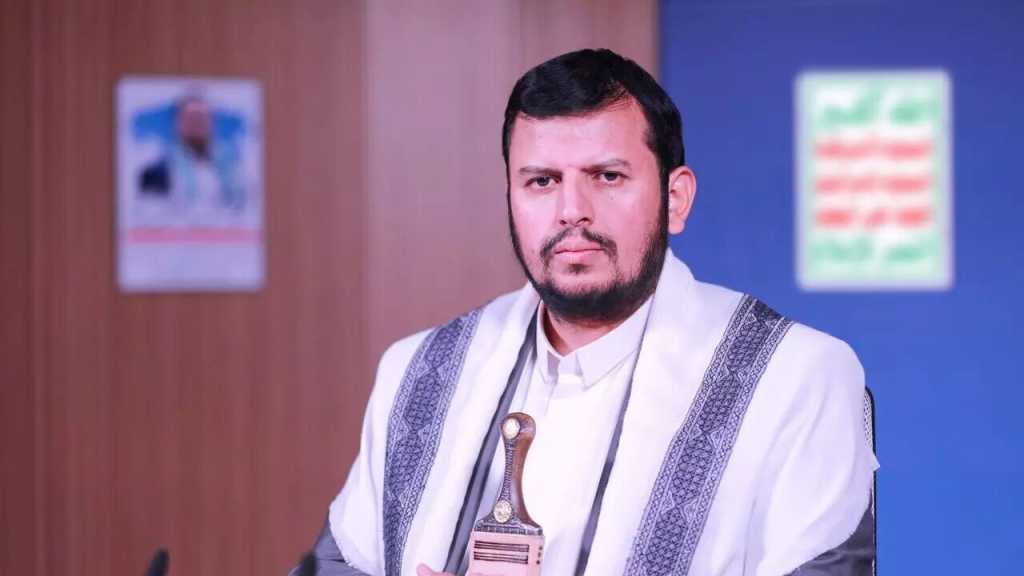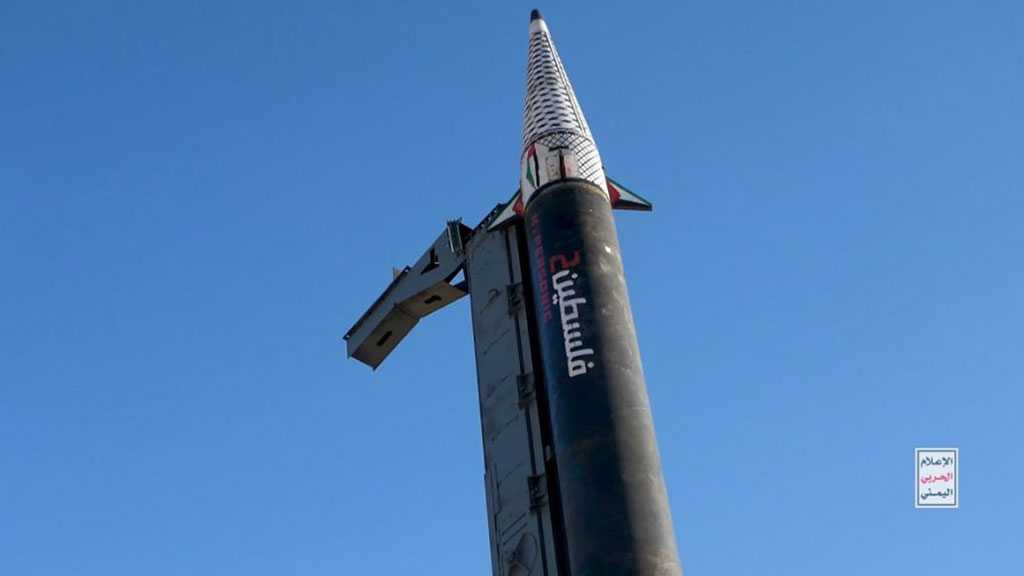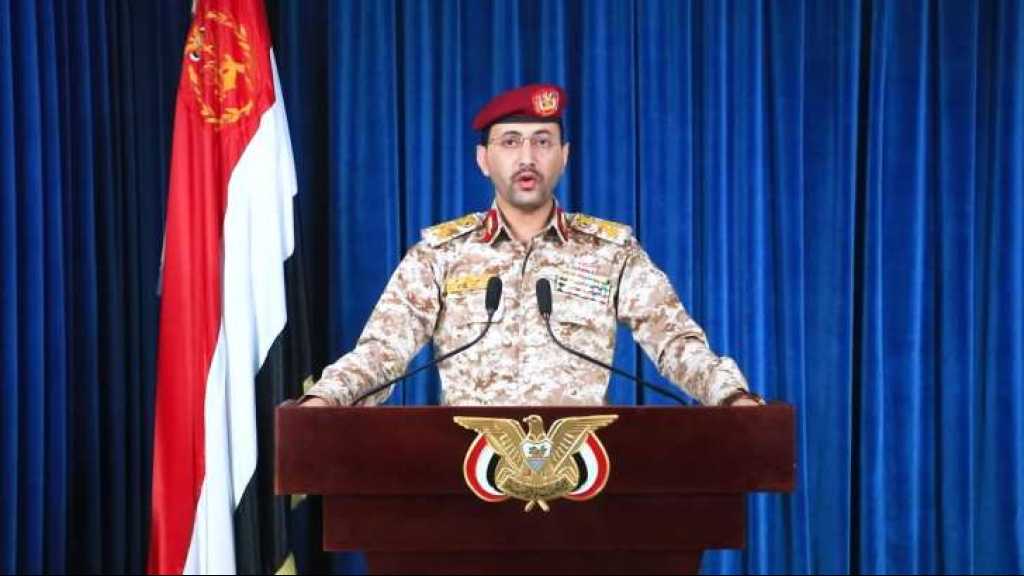Humanitarian Organizations Condemn Aggression on Yemen, Call for Immediate Move
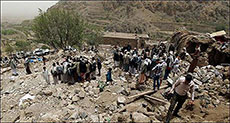
Local Editor
In a statement on Wednesday, the World Health Organization said that nearly 2,000 people had been killed in the fighting since March, including "hundreds of women and children." Out of a population of 24 million, the organization said, some 8.6 million people "are in urgent need of medical help," both for war-related injuries and for common medical conditions.
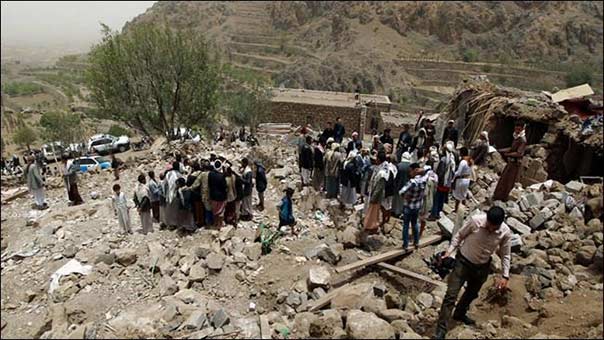
Hospitals around the country have closed because of shortages of staff members and fuel, and medicines for diabetes, cancer and hypertension are no longer available. The organization added that "outbreaks of polio and measles are also serious risks."
It further warned that innocent Yemeni people are paying the "highest price" for the deadly Saudi aggression against the country.
"It is innocent civilians that pay the highest price," the director general of the WHO, Margaret Chan.
"The health and lives of millions of people are at risk," Chan warned.
The UN official further warned about the dire medical situation in Yemen due to the Saudi airstrikes and ongoing conflict in the country, saying, "Almost 8.6 million people are in urgent need of medical help."
She also censured the deadly attacks on medical centers and staff in Yemen, saying the attacks are in contravention of the international humanitarian law.
"Health infrastructure continues to be hit, with attacks reported on hospitals and ambulances, a medical warehouse, an oxygen factory, and a blood transfusion center. Some health care workers were killed trying to save lives and more injured," Chan added.
Earlier on Wednesday, a Saudi attack on a medical university in the western al-Hudaydah province left dozens dead.
The Saudi warplanes also targeted a medical center in the district of Haradh in the northern province of Hajjah. At least five staffers at the clinic suffered injuries in the attack.
Moreover, at least 100 people were killed and over 270 others sustained injuries in the Saudi aggression against the Yemeni capital Sana'a on Wednesday.
"This unnecessary loss of innocent lives cannot go on," Chan urged, demanding, "The health system must be allowed to function unimpeded by the insecurity.

Similarly, the International Committee of the Red Cross Yemen cautioned that the poor country is facing a humanitarian catastrophe unless the Saudi-led coalition allows it to import and distribute vital food, fuel and medicines.
"Humanitarian agencies can do things, but it will be the tip of the iceberg," said Cedric Schweizer, outgoing head of the ICRC's delegation in Yemen.
"Most things are political decisions -- access to fuel, ensuring that the importation of normal medicines for chronic diseases can be allowed, and food because 90 percent of food is imported in Yemen."
Commercial fuel tankers must have access to ports and the distribution system for fuel must function, Schweizer told Reuters. Fuel is vital to run hospital generators and water pumping stations in the country of 26 million.
Only 5-10 percent of usual imports has entered Yemen over the past two months of the conflict, which has killed more than 2,000 people, he said. Food prices have soared.
"If there is no fuel there will be no water very soon, and if this is the case we have thousands of people, if not millions, at risk because there is no access to water," Schweizer said.
"If a solution is not found today it will be a big humanitarian catastrophe."
Schweizer was speaking after holding talks on the Yemen crisis with U.S. officials and before heading for meetings in Tehran and Moscow.
"What we need is to mobilize these different countries who have an impact or who belong to the coalition to ensure that they take into consideration the needs of the civilian population," he said.
"We identify all of our movements to the coalition to make sure we are not targeted," Schweizer said.
The ICRC has 250 aid workers in Yemen. An ICRC surgical team is treating war wounded in Aden and the agency is providing food to 20,000 displaced families.
Source: News Agencies, Edited by website team

